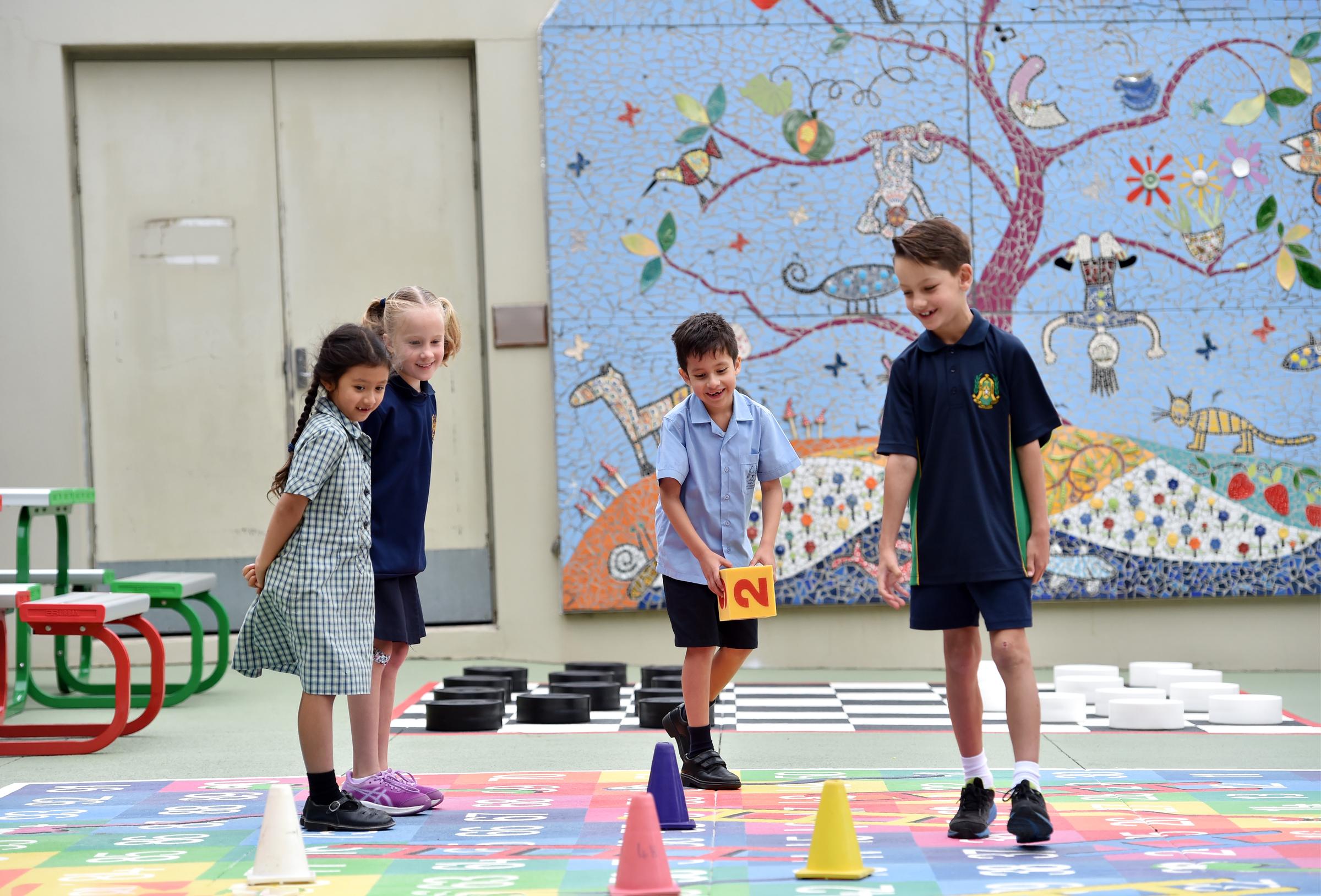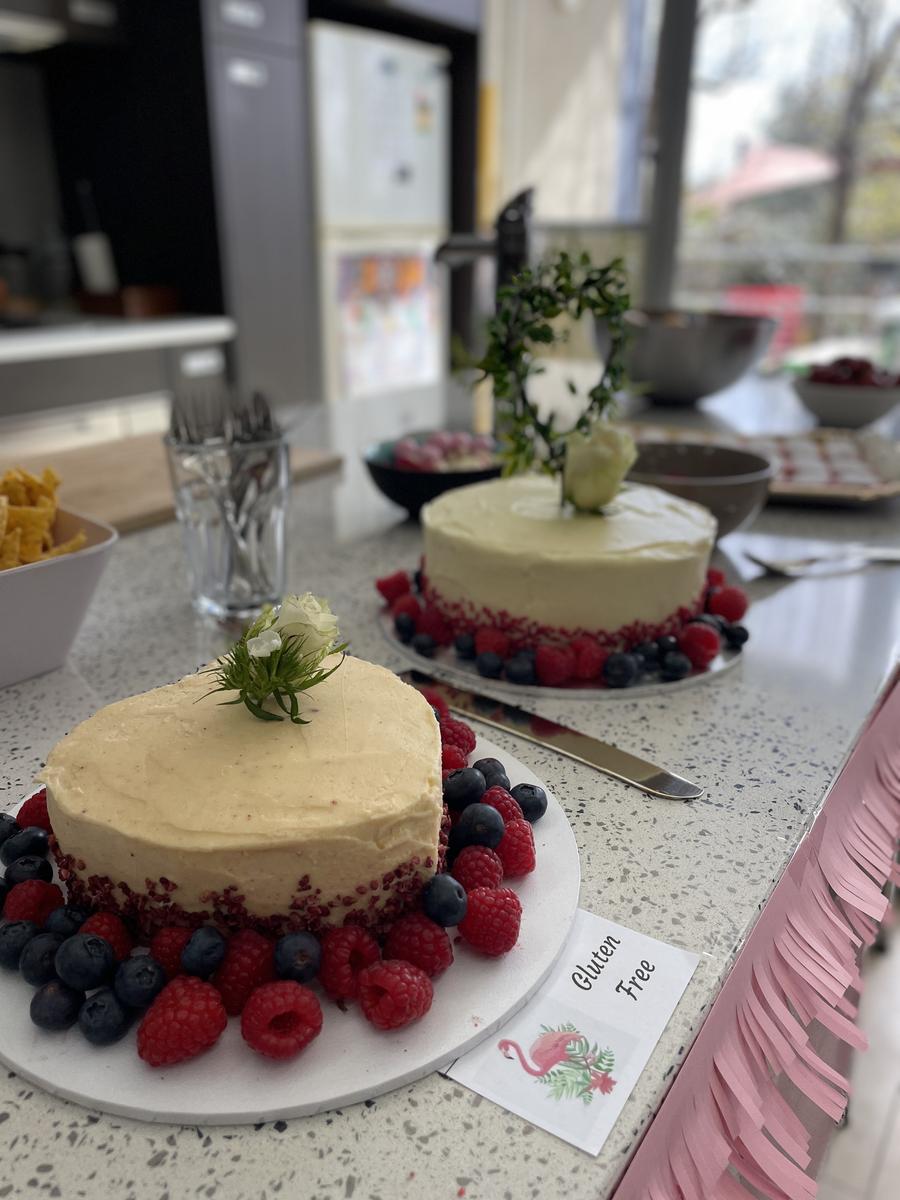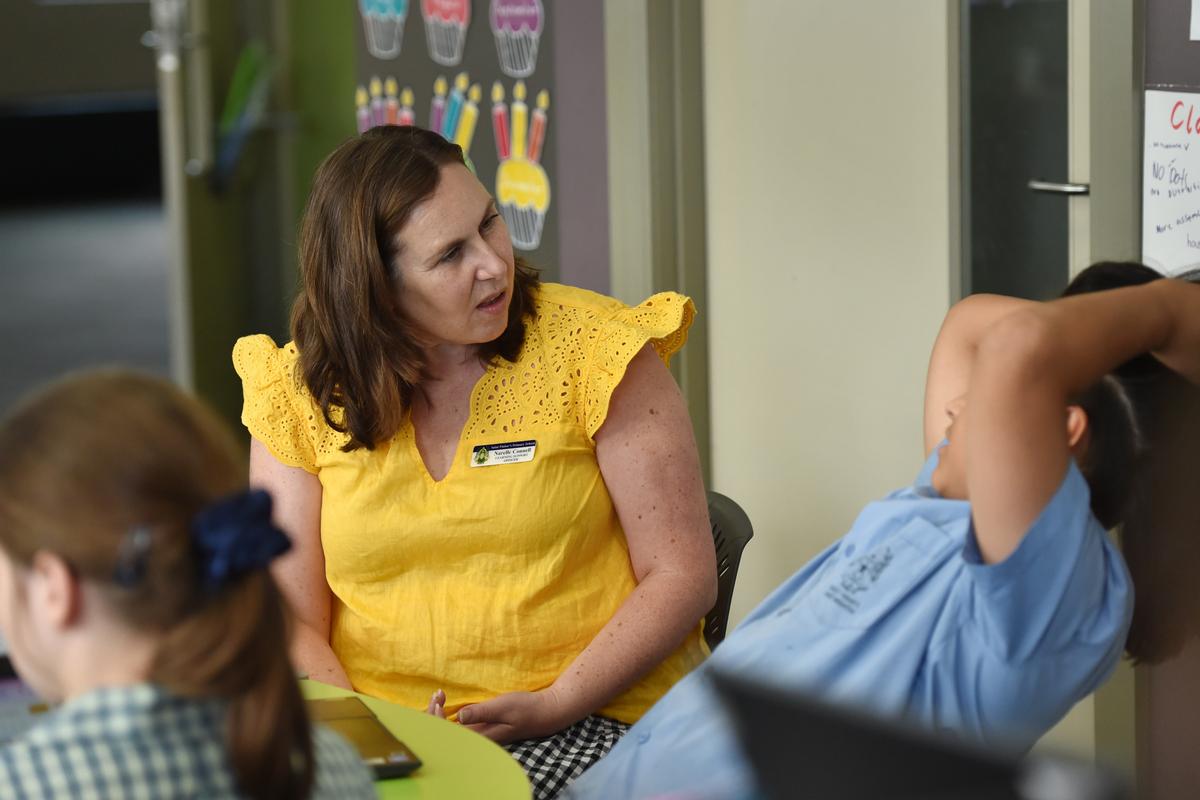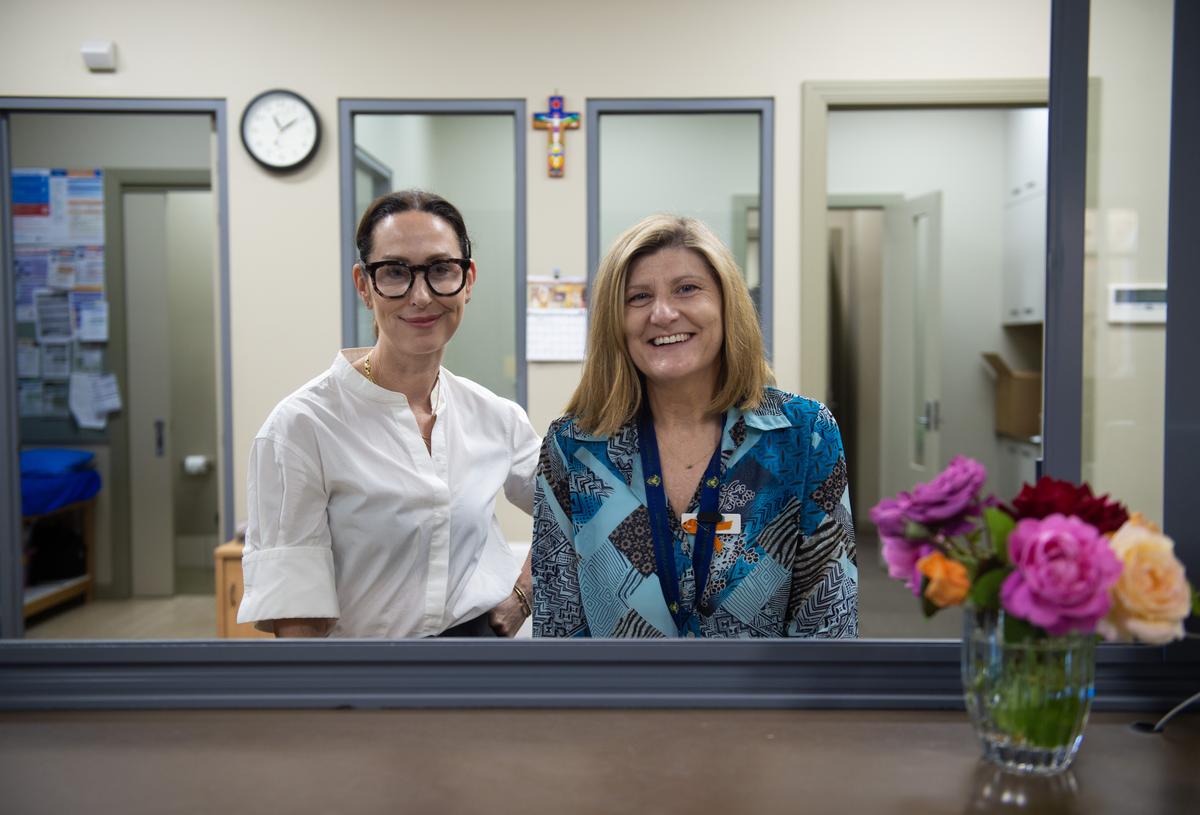Deputy Principal's Report

The Power of Problem Solving: How Independent Challenges Boost Your Child’s Self-Esteem
In the hustle and bustle of daily life, it’s often tempting to step in and solve problems for our children. After all, it’s usually quicker and can prevent potential frustration or mistakes. We recently read that allowing kids to tackle challenges on their own is not just about teaching them practical skills, but is a vital part of building their self-esteem and confidence.
Why Problem Solving Matters
Research shows that problem-solving is a critical component of a child’s development. When children are given the opportunity to solve problems independently, they develop a sense of competence and autonomy. According to a study published in the Journal of Experimental Child Psychology, children who engage in problem-solving tasks experience a boost in self-efficacy, the belief in their ability to succeed in specific situations or accomplish a task. This belief is a foundational element of self-esteem.
Problem-solving helps children learn to cope with challenges and setbacks. When children navigate difficulties on their own, they learn resilience, which is directly linked to higher self-esteem. They begin to see themselves as capable individuals who can overcome obstacles, which is a crucial aspect of their overall well-being.
The Benefits of Letting Kids Solve Problems
Enhanced Critical Thinking: When children solve problems independently, they learn to think critically and creatively. They explore different solutions, weigh pros and cons, and make decisions, all of which enhance their cognitive development.
Increased Confidence: Successfully solving problems gives children a sense of accomplishment. This success feeds into their self-esteem, making them more confident in their abilities.
Better Emotional Regulation: Problem-solving requires patience and persistence. As children work through challenges, they learn to manage their emotions, which is essential for emotional intelligence.
Stronger Independence: When kids are trusted to solve their own problems, they develop independence. This not only helps them in childhood but also prepares them for adulthood, where they will need to navigate life’s complexities on their own.
Improved Social Skills: Problem-solving often involves communication and collaboration, especially in group settings. This helps children develop better social skills and learn the value of teamwork.
Tasks Kids Should Be Doing Independently
We may have mentioned this before but a reminder never hurts. While it may be easier and quicker to do things for our children, there are several tasks that, when done independently, can significantly contribute to their development:
Managing Conflicts with Peers: Instead of stepping in to mediate every disagreement, encourage your child to express their feelings and find solutions with their peers. This teaches them valuable conflict resolution skills.
Homework and School Projects: Allowing children to take ownership of their homework and projects fosters responsibility and time management skills. Offer guidance if needed, but let them lead the way.
Chores and Daily Routines: Simple tasks like making their bed, setting the table, or organising their school bag can build a sense of responsibility and accomplishment.
Decision-Making: Whether it’s choosing their outfit for the day or deciding how to spend their allowance, giving children the freedom to make decisions helps them learn from their choices and understand the consequences.
Problem-Solving in Play: When playing with friends or siblings, children often encounter problems—how to share a toy, what game to play, etc. Let them figure out solutions on their own instead of intervening immediately.
4 Tips to Encourage Independent Problem Solving
- Provide Opportunities
- Be Patient
- Celebrate Effort, Not Just Success
- Model Problem-Solving
Allowing children to solve problems independently is a powerful way to build their self-esteem and prepare them for the future. While it may take more time and patience, the benefits far outweigh the convenience of doing things for them. By encouraging problem-solving, you are helping your child develop into a confident, resilient, and capable individual.
Learning Support Officer Appreciation Week
We have had a lovely week celebrating our LSOs. The students and teachers have poured out a lot of love and the feedback from our LSO team has been wonderful. Thanks to the parents who also reached out this week. I think it is clear that we are lucky to have such a wonderful team on board with us.
Swimming Concludes
A huge congratulations to our parents, students and teachers on surviving an epic two weeks of swimming. We hope our students rest up over the weekend, ready to come back to a regular routine next week.
Thanks for all your support,
Peggy McDonald & Steele Anderson
Deputy Principals









